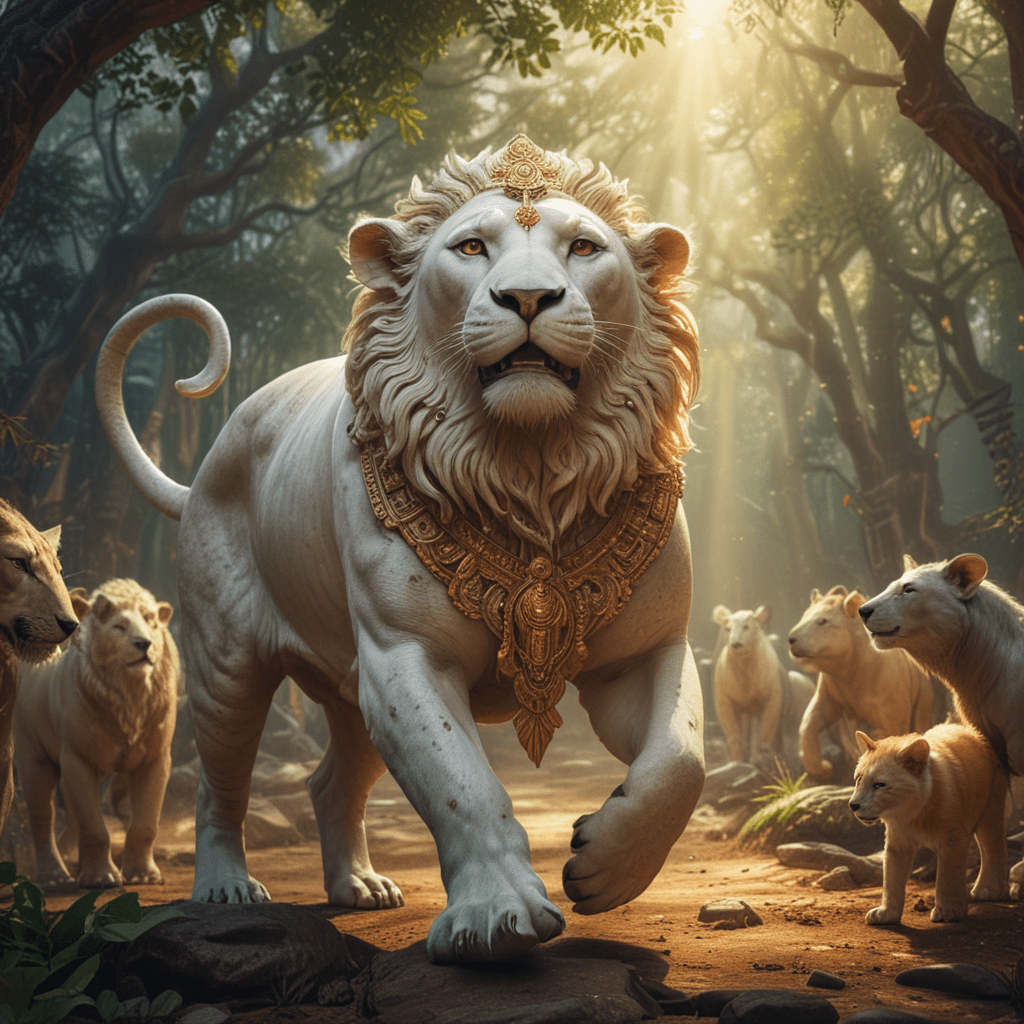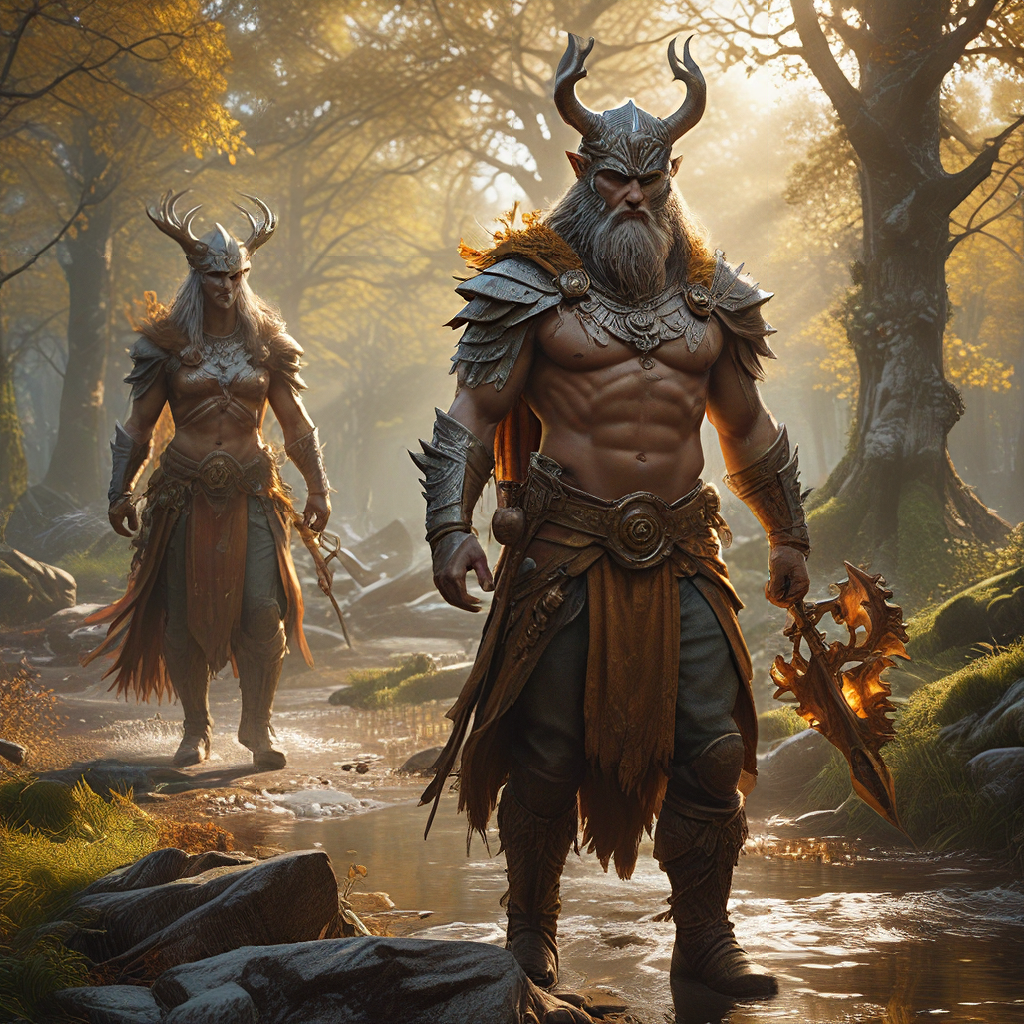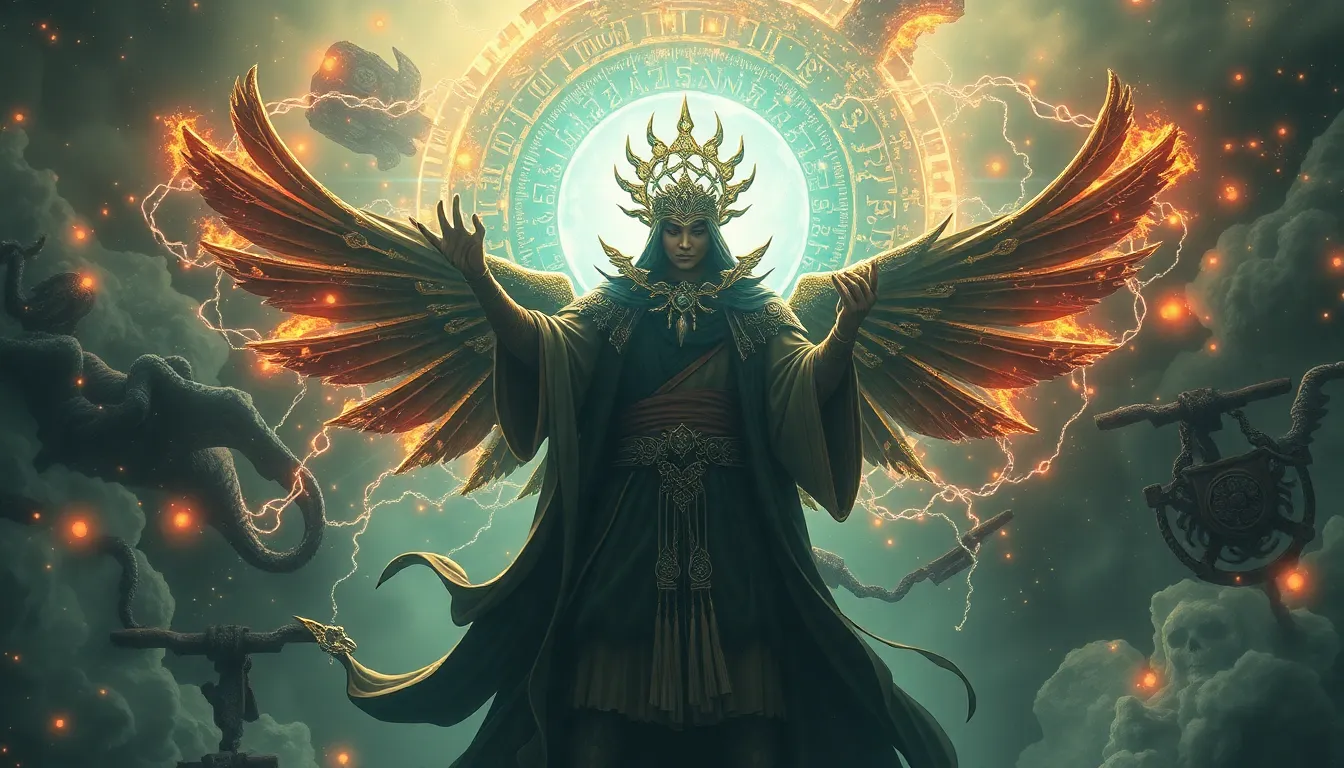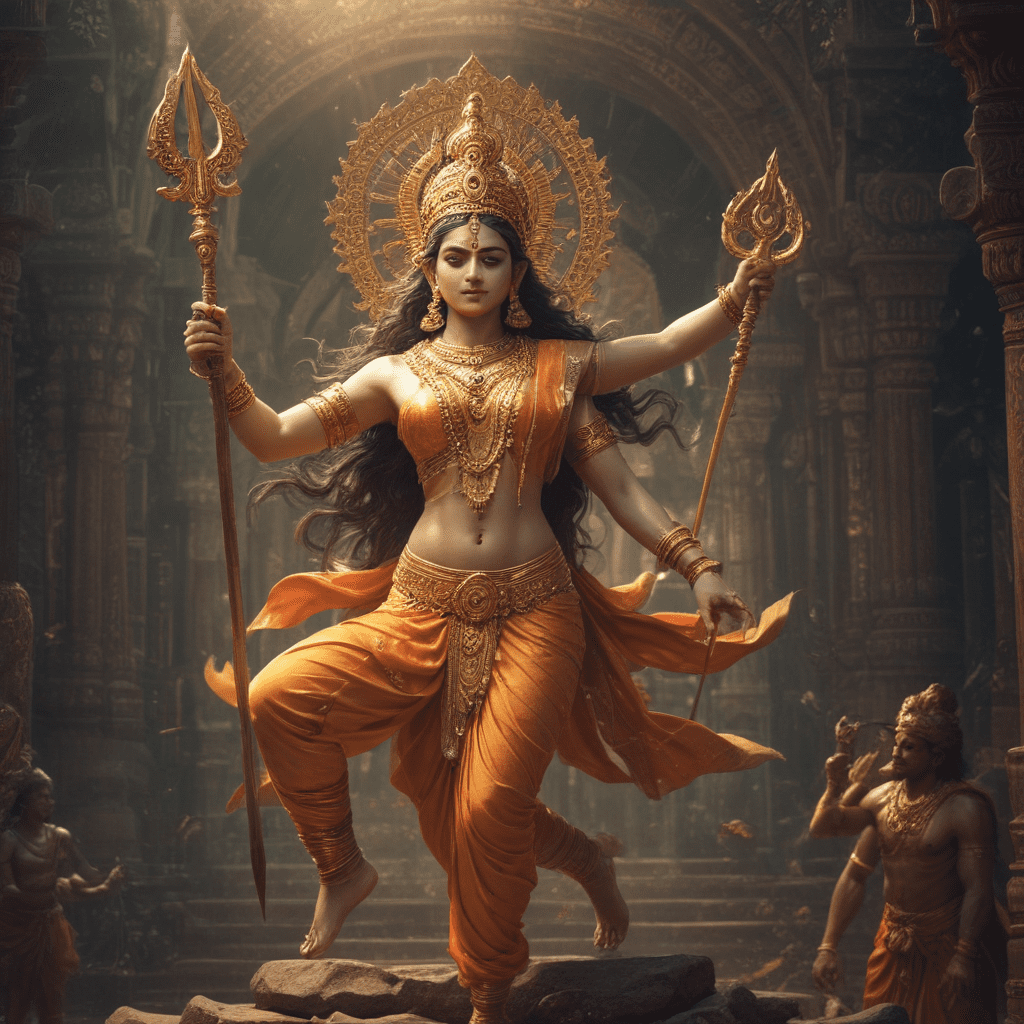Animals in Hindu Mythology
Hindu mythology is replete with animals, both real and mythical, that play significant roles in various stories and beliefs. These animals embody divine qualities, serve as vehicles for gods, and symbolize important concepts within Hinduism.
1. Divine Beasts and Vehicles
Many animals in Hindu mythology are associated with specific gods and goddesses, serving as their vehicles or mounts. For example, Lord Shiva rides on Nandi, the divine bull, while Goddess Lakshmi sits on Garuda, the eagle. These animals represent the attributes and powers of the deities they carry.
2. The Monkey King Hanuman
Hanuman is one of the most popular and beloved characters in Hindu mythology. He is a divine monkey who serves Lord Rama and is known for his immense strength, agility, and devotion. Hanuman's adventures and exploits are recounted in the epic Ramayana and other texts.
3. The Serpent Naga
Nagas are mythical serpents that play a significant role in Hindu mythology. They are often associated with water and wisdom, and some are believed to be divine beings. Nagas are often depicted with multiple heads and jewels on their crowns.
4. Garuda the Eagle
Garuda is a mythical eagle that serves as the vehicle of Lord Vishnu. He is a powerful and majestic bird that symbolizes strength and courage. Garuda is often depicted with a human-like face and golden wings.
5. The Cow and Oxen
Cows and oxen hold a special place in Hindu mythology. They are considered sacred animals and are often associated with prosperity and abundance. The cow is particularly revered as the mother of all cows and is known as Kamadhenu, who is believed to grant wishes.
6. The Tiger and Lion
The tiger and lion are both powerful animals that symbolize strength and courage in Hindu mythology. The tiger is associated with Goddess Durga, who often rides on a tiger. The lion is the vehicle of Goddess Amba, who is known for her fierce nature.
7. Animal Avatars of Vishnu
Lord Vishnu, one of the three supreme gods in Hinduism, has taken several animal avatars, including the fish, turtle, boar, and lion. Each avatar represents a specific purpose or quality, such as preservation, support, and protection. The fish avatar, for example, is believed to have saved humanity from a great flood.
8. Animal Sacrifices
Animal sacrifices have been a part of Hindu rituals for centuries. In ancient times, animals such as goats and sheep were sacrificed to appease the gods and goddesses. However, in modern Hinduism, animal sacrifices are becoming increasingly discouraged in favor of more humane practices.
9. Animals in Hindu Symbolism
Animals play a significant role in Hindu symbolism. The elephant, for example, is often associated with wisdom and stability. The peacock is a symbol of beauty and grace, and the lotus represents purity and enlightenment. Animals are also used to represent the different qualities of human nature, such as the cunning of the fox and the loyalty of the dog.
10. Ecological Significance
The animals in Hindu mythology also have ecological significance. Many Hindus believe that all living beings are interconnected and that animals should be treated with respect and compassion. This belief has led to the establishment of numerous animal sanctuaries and conservation efforts in India.
FAQ
Q: What is the significance of animals in Hindu mythology?
A: Animals play significant roles in Hindu mythology as divine beasts, vehicles for gods, and symbols of important concepts. They also have ecological significance and are often associated with specific qualities of human nature.
Q: Which animals are considered sacred in Hinduism?
A: Cows and oxen are considered sacred animals in Hinduism and are often associated with prosperity and abundance.
Q: What is the role of Hanuman in Hindu mythology?
A: Hanuman is a divine monkey who serves Lord Rama and is known for his immense strength, agility, and devotion. His adventures and exploits are recounted in the epic Ramayana and other texts.
Q: What do the different animal avatars of Vishnu represent?
A: Each animal avatar of Vishnu represents a specific purpose or quality, such as preservation, support, and protection. The fish avatar, for example, is believed to have saved humanity from a great flood.



